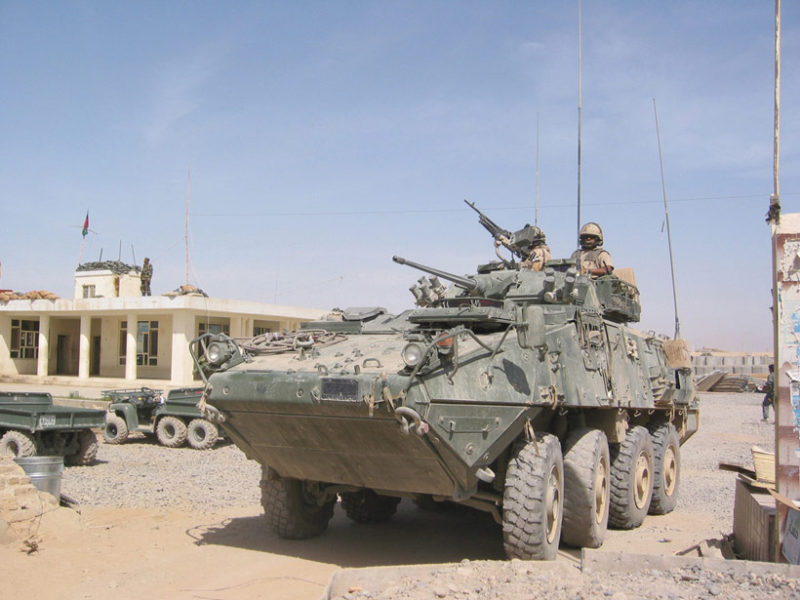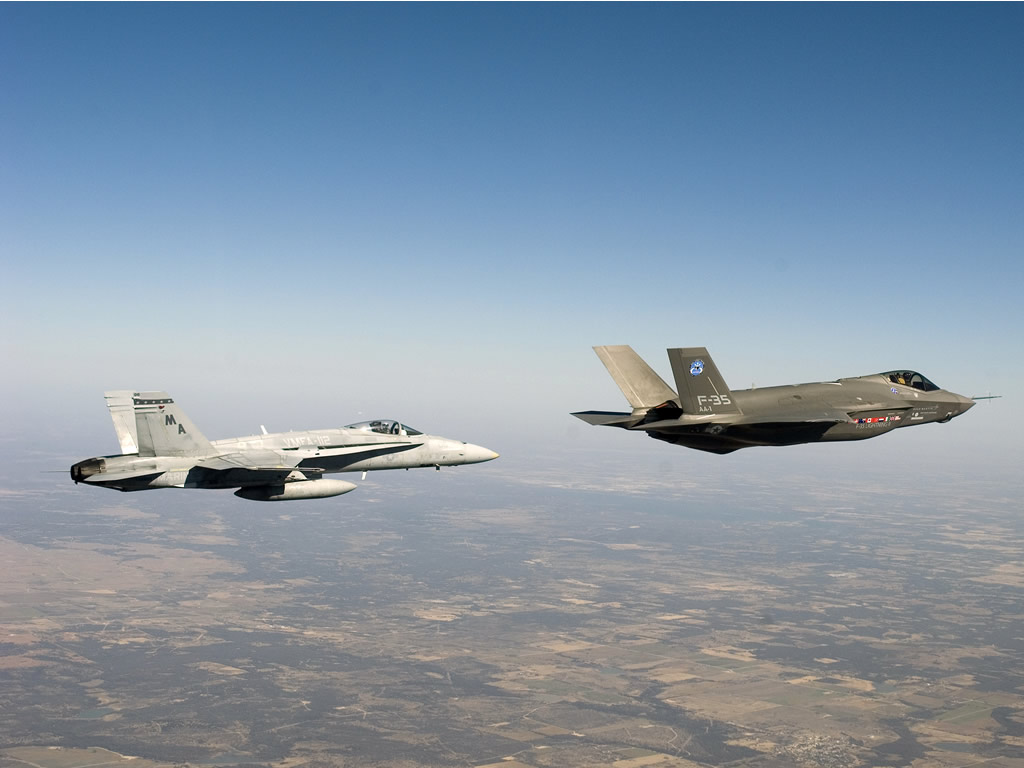In this two-part series, NAOC Program Editors Ashley McIntyre and Kelsie Chasse take an in-depth look at the Arms Trade Treaty, present some case studies of Canada’s recent arms transfers that have been questioned, and consider what signing the Arms Trade Treaty could mean for Canada.
The Issue:
The Arms Trade Treaty:
The Arms Trade Treaty (ATT) is a multilateral agreement governing the international transfer of arms. The ATT sets an international standard regulating conventional arms trading and preventing illegal arms transfers. The Treaty specifically focuses on monitoring the transfer of weapons from State Parties to other State Parties and Actors. It also seeks to reduce human suffering, increase international peace and security, and promote international cooperation and transparency among State Actors. Essentially the Treaty is a system of checks and balances to prevent arm trades any time a trade could be used to hinder, rather than help promote peace, freedom, and stability.
The Treaty was opened for signature in June 2013, and entered into force in December 2014; it currently has 130 signatories with 84 state ratifications. The Treaty does not enter into force in a particular country until it has been ratified by its government.
Canada & The ATT:
Canada has yet to sign the ATT and is the only G7 country to have refrained from signing the ATT. The Harper government previously faced criticism from the Control Arms Coalition, a collection of non-governmental organizations, for failing to sign the ATT in 2013. Citing concerns over the Treaty’s implication for gun owners in Canada and domestic gun controls, the Conservative government maintained its refusal to sign the ATT. While the US has signed the Treaty, it has not ratified it due to similar opposition as in Canada.
Conversely, in October 2015, a month before assuming office, Prime Minister Justin Trudeau suggested the Liberal government would begin to take a more active role in repositioning Canada’s role on the world stage by signing the ATT. In June of this year, Minister of Foreign Affairs Stéphane Dion echoed Prime Minister Trudeau’s statement by announcing Canada’s intention to accede to the ATT. Dion denounced the Harper government’s stance on the ATT and stated that Canada already meets the majority of the ATT obligations. In the same statement he suggested that signing the Treaty would be “the right thing to do” and that by next year Canada aims to be a State Party to the ATT.
Signing the ATT is not without opposition. Some question the effect that signing the Treaty will have on Canada’s sovereignty and democratic process. According to the Canadian Government, Canada’s existing laws fall in line with all but two articles of the ATT. Article 7 and Article 10 of the Treaty, regarding export conditions and brokering restrictions respectively, differ from Canadian laws. Article 7 requires very extensive vetting of the human rights situation in countries prior to trading and requires that exports only be authorized if the risk of weapons being used to undermine peace, security, and stability can be mitigated. Article 10 discusses brokering restrictions that would require facilitators to obtain approval through the ATT before negotiations.
In our next article we will present case studies on Canadian arms sales and revisit our discussion on Canada and the Arms Trade Treaty.
Part II of this article will be published on Tuesday, October 18th, 2016.
Photo: “AR2006-G007-0135” (2006), by MCpl Yves Gemus
via National Defence and the Canadian Armed Forces.
Disclaimer: Any views or opinions expressed in articles are solely those of the authors and do not necessarily represent the views of the NATO Association of Canada.




